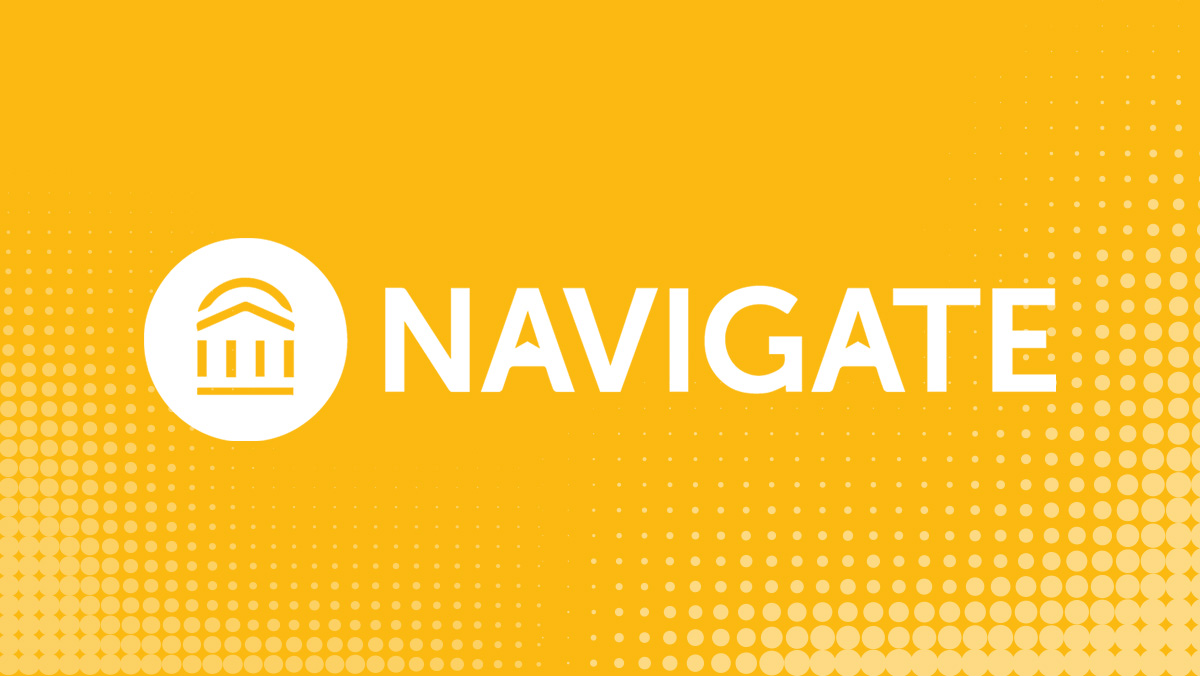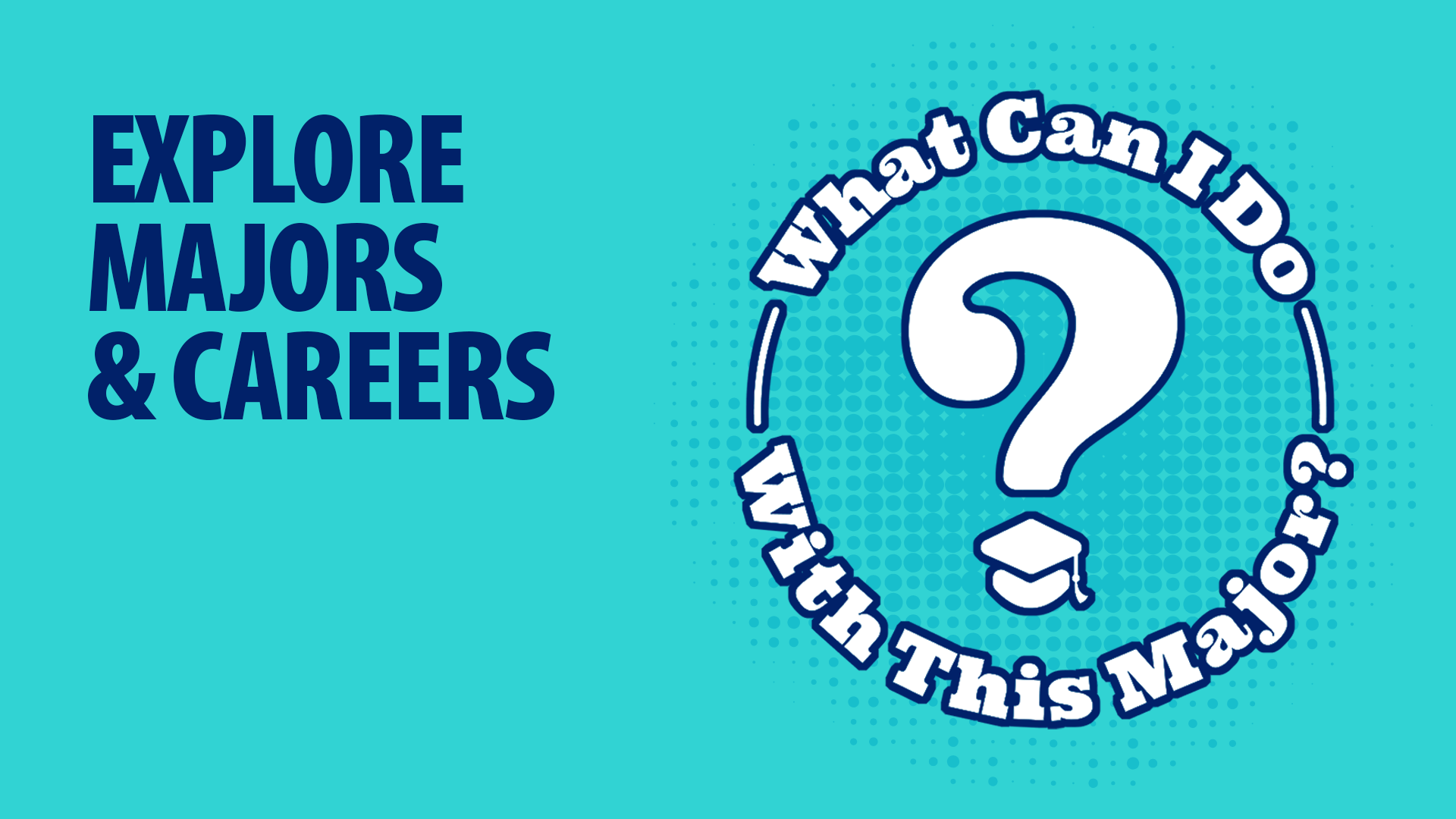Alcohol/Drug Abuse Counseling Certificate
Start Your Rewarding Career with an Alcohol and Drug Abuse Counseling Certificate from NECC

Why pursue a certificate in Alcohol and Drug Abuse Counseling?
Known collectively as substance use disorder (SUD), drug and alcohol dependency, abuse, and addiction impacts millions of individuals and families. Would you like to help them improve their lives? If so, NECC will prepare you to help others understand SUDs and recover from their addictions, leading to a rewarding career as a licensed substance abuse counselor.
NECC Certificates: Career Starters for Addiction and Recovery Counselors
With this program, students gain understanding in areas such as sociology, physiology of substance abuse, psychology, case management, and law and ethics.
Approved by the Council of Standards in Human Services Education, NECC’s program is based on the National Addiction Counselor Competencies and the National Support Skill Standards. Upon completion of this 35-credit program, you can begin working as a licensed drug and alcohol counselor in the Commonwealth of Massachusetts in a wide variety of settings, including outpatient treatment centers, residential treatment facilities, community shelters, hospitals, correctional facilities, and more.
Ready to discover where your passion and motivation can take you?
What you’ll get from our Alcohol and Drug Abuse Counseling program
Learn SUD Essentials in a Supportive Environment
Immerse yourself in the substance abuse world, as you learn how to observe, assess, and evaluate individuals with substance use disorder (SUD). Gain insights into the latest counseling techniques, treatment modalities, and professional behavior standards. Build essential skills that will allow you to provide therapeutic services to individuals, groups, and families, preparing you to embark down a variety of career paths, including education, outreach, prevention, and detoxification.
Gain real-world experience through practicums supervised by licensed professionals, preparing you to embark on your exciting career journey.
Gear Up for a Great Career in the Addiction Recovery Field
At NECC, we’re here to help you build a skill set that’s in demand. Whether you see yourself as the next great substance abuse counselor, peer recovery coach, clinical supervisor, or other addiction recovery professional, we’ve got you covered. While guiding you every step of the way, our experienced instructors will show you how to:
 Observe, assess, and evaluate individuals with SUD
Observe, assess, and evaluate individuals with SUD- Apply counseling techniques, treatment modalities, and professional behavior standards
- Benefit from supervised practicum exercises in substance abuse treatment environments
- Become a licensed alcohol and drug counselor in the Commonwealth of Massachusetts
- Work in a variety of treatment settings, including outpatient centers, hospitals, residential facilities, correctional facilities, community shelters, and more
Do Cool Stuff, Not Just Homework
Forget about endless lectures. We’re talking about interactive classes and workshops where you practice what you’ve learned in real-life scenarios, as well as projects that connect you with substance abuse treatment professionals in the community.
Your Schedule, Your Rules
Juggling life, work, and study? No sweat. With a mix of online and on-campus options, NECC makes it easy for you to fit study into your life, not the other way around. Once you’ve completed our Alcohol and Drug Abuse Counseling Certificate program, you’ll be able to pursue immediate employment or apply your credits towards an associate degree in Human Services from NECC.
Where this Journey Can Take You
 Substance abuse treatment careers are among the fastest growing occupations in the country.
Substance abuse treatment careers are among the fastest growing occupations in the country.
Like a blank page, you can use your certificate as a foundation to build upon, empowering you to choose a wide variety of career paths.
Imagine yourself serving in one of these addiction recovery roles:
- Supporting those battling addiction as a Substance Abuse Counselor
- Helping patients navigate the healthcare system as a Community Health Worker
- Streamlining the patient care experience as an Addiction Care Coordinator
- Motivating individuals in recovery as a Peer Recovery Coach
- Evaluating people with SUD as an Addiction Mental Health Assessor
- Ensuring patients’ treatment goals get met as a Clinical Supervisor
Why choose NECC for your Alcohol and Drug Abuse Counseling Certificate?
We Get It
At NECC, inspiring our students to succeed is our top priority. Modern, relevant, and engaging, our Alcohol and Drug Abuse Counseling Certificate courses are designed with you in mind.
NECC’s dedicated faculty and staff help students develop the skills they need to advance in the workforce or transfer to a four-year college or university. Our small class sizes ensure personalized attention and support, empowering students to thrive academically. We also offer a variety of student support services, including tutoring, counseling, and academic advising.
With over 60 credit programs, two convenient campuses, robust student support services, and a vibrant student life, NECC is committed to providing an affordable, accessible, and high-quality education for all.
Learn from the Pros
Our instructors aren’t just teachers. They’re experienced professionals who live and breathe substance abuse counseling.
Experience Beyond the Classroom
At NECC, it’s not just about earning a degree. It’s about building a network, finding your tribe, and acquiring the tools necessary to chase your dreams. Our Haverhill and Lawrence campuses are home to a diverse range of clubs and organizations and activities that help students connect with peers who share similar interests.
Whether you choose to gain leadership experience, stay healthy and fit, join a club, or participate in varsity sports, and student activities, we’ll guarantee you’ll have fond memories of your time at NECC.
We Got Your Back
From the day you start until the day you land your first big gig, our team is here to support, guide, and cheer you on. At NECC, our goal is to empower our students by equipping them with the skills and tools necessary to thrive, wherever they choose to work.
Career Services
Navigate
What Can I Do With This Major?
Got Prior Learning or Work Experience?
With NECC’s Credit for Prior Learning, you can move through the program at a faster pace, and graduate sooner! The best part is these credits are covered free-of-charge for eligible Massachusetts learners.
Support for Every Student
NECC offers a variety of student support services, including tutoring, counseling, and academic advising, to help students thrive academically. Want to transfer to NECC? Our advisors are happy to assist you.
Career Outlook for Substance Abuse Counselors North of Boston
According to the U.S. Bureau of Labor Statistics (BLS), employment opportunities for substance abuse counselors are projected to increase 19% over the next eight or nine years, significantly higher than the average for all occupations. Furthermore, employment of community health workers is projected to grow 13% during that period, much faster than the average for all occupations.
At NECC, our Alcohol and Drug Abuse Counseling Certificate program graduates have an exceptional rate of employment while working as substance abuse counselors, community health workers, care coordinators, and more. Some have gone on to start their own successful businesses!
How Much Can I Expect to Make with an Alcohol and Drug Abuse Counseling Certificate?
The earning potential for addiction and recovery professionals varies based on several factors, including education, license, certifications, experience, setting, and additional skills. For example, according to Salary.com, the average salary for a Substance Abuse Counselor in Massachusetts was $63,490 as of November 2024.
With an Alcohol/Drug Abuse Counseling Certificate from NECC, you’ll be qualified to start or advance your career in these roles:
Substance Abuse Counselor
Helps individuals manage substance use disorders (SUDs) while also providing support services and education for families, employers, and communities. The median annual wage in Massachusetts for this role was $63,490 as of November 2024. The wage range typically falls between $55,930 and $72,210.¹
Community Health Worker
Acts as a bridge between community members and healthcare and social services providers. CHWs help people with SUDs navigate the healthcare system and find the resources they need. The median annual wage in Boston, MA, for this role was $92,952 as of November 2024. The wage range typically falls between $85,567 and $101,847.¹
Addiction Care Coordinator
Manages patient care by monitoring treatment plans, educating patients on their conditions, and connecting them to relevant health care providers. The median annual wage in Boston, MA, for this role was $72,459 as of November 2024. The wage range typically falls between $62,735 and $83,268.¹
Peer Recovery Coach
Helps people who are seeking or recovering from substance use disorders by providing support and guidance. The median annual wage in Massachusetts for this role was $103,966 as of November 2024. The wage range typically falls between $92,118 and $116,075.¹
Addiction Mental Health Assessor
Assesses a patient’s mental and physical health, substance use disorder (SUD), and readiness for change. The median annual wage in Massachusetts for this role was $68,066 as of November 2024. The wage range typically falls between $62,013 and $71,191.¹
Clinical Supervisor
While overseeing substance abuse counselors and psychologists, assesses and reviews treatment plans to determine whether patients’ long- and short-term goals are being met. The median annual wage in Massachusetts for this role was $113,452 as of November 2024. The wage range typically falls between $102,581 and $129,471.¹
How to Get Started Earning an Alcohol and Drug Abuse Counseling Certificate in the Merrimack Valley Region
Feeling pumped? We thought so! Learn more about how to apply to our Alcohol and Drug Abuse Counseling Certificate program. Still unsure that it’s the right fit for you? Contact us to chat more about why this could be the best decision you’ll ever make!
FAQs
Sources and Citations: ¹Salary information provided on this page is sourced from Salary.com. The data reflects estimates based on employer surveys and job listings. Actual salaries may vary based on location, experience, and other factors.





